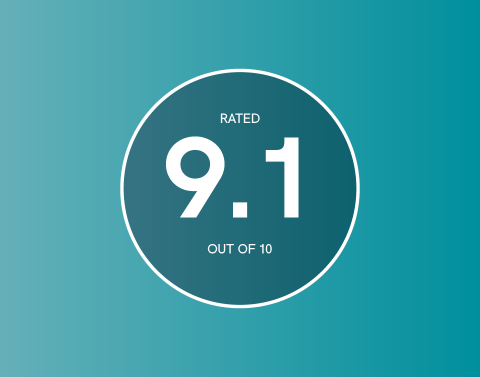How many times have you applied for a job only to hear nothing back? You have all the skills, fantastic experience and a real interest in the market – so what could possibly be the problem? How about a CV that doesn’t show any of those qualities? Take a closer look at yours, and try to be objective. Is it as impressive as you are? If not, here are our top tips for writing a CV that employers will be fighting over.
1. Look the part
First things first, your CV should be clear, well-designed and easily digestible. Consider the most salient things to include, like your personal profile and job history, and place them in a layout that complements their importance. You might also use bullet points or tables to showcase key skills, since they keep the content short and sharp for maximum impact.
2. Show how you stand out
The express aim of a CV is to demonstrate what makes you uniquely experienced for a role. So why fill it with cliché? You may well be enthusiastic, self-starting or a great team player, but isn’t that for the employer to decide upon meeting you? Choose strong verbs to prove your intent, and tailor your adjectives to the position at hand. Which brings us neatly on to…
3. Matching your language to the job advert
With so many CVs to read through nowadays, an employer may be seeking out key words relevant to the job description. Try to include as many of the attributes or requirements listed there, so you’re reflecting the traits they’re looking for in an obvious way.
4. Don’t underestimate the power of white space
Rather than making an employer nervous, white space shows concision and confidence. A wordy CV can be visually overwhelming and time-consuming to read – putting you at a disadvantage before you’ve even had a chance to meet. Balance out your content with white space where the eye can rest, and be sure to leave enough room for those all-important notes.
5. Update like your life depends on it
Nothing creates a bad impression like an outdated CV. It might feature school grades, positions that simply aren’t relevant, or worse – a skills section devoid of the abilities you’ve gained in your latest role. Updating your CV can be as simple as removing a job that doesn’t reflect your current ambitions, making sure all dates are consistent, and polishing the overall design.
To find your next opportunity, just click here.



